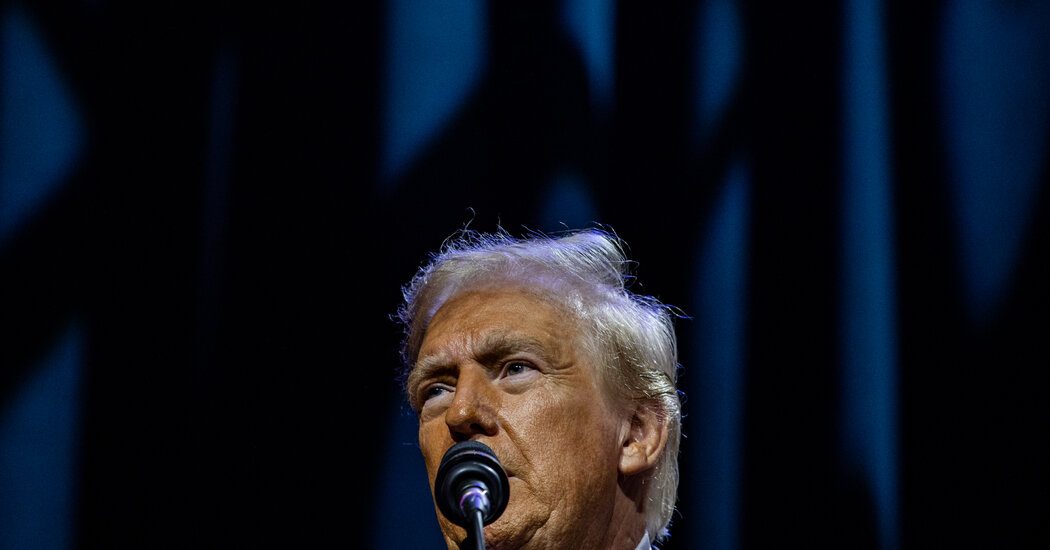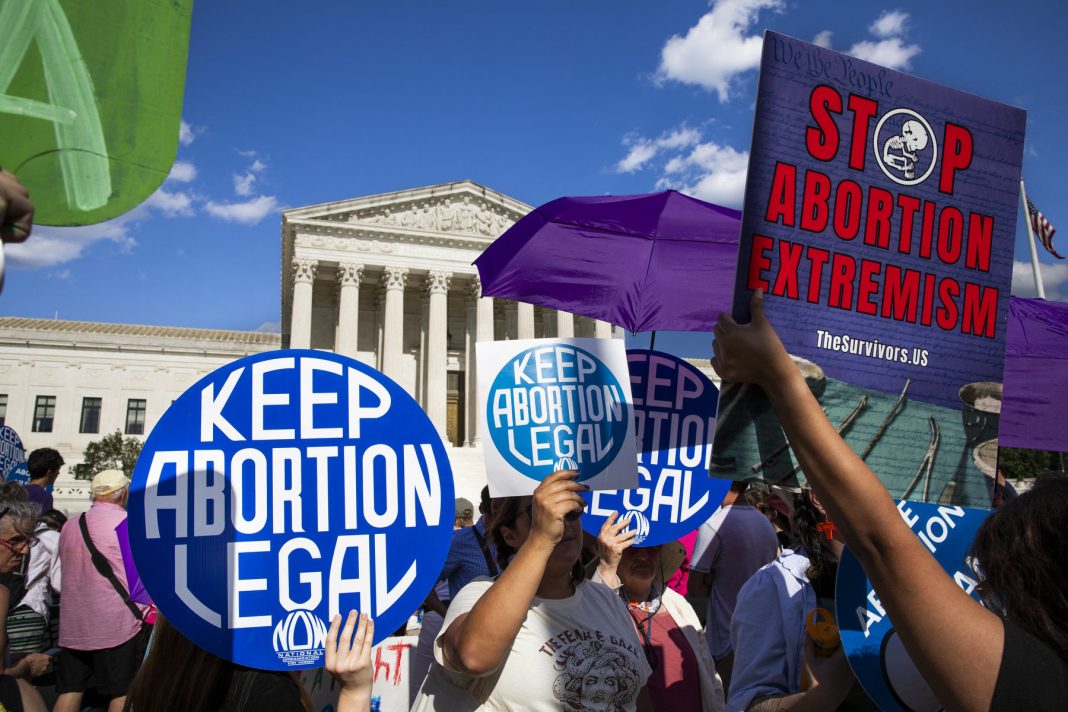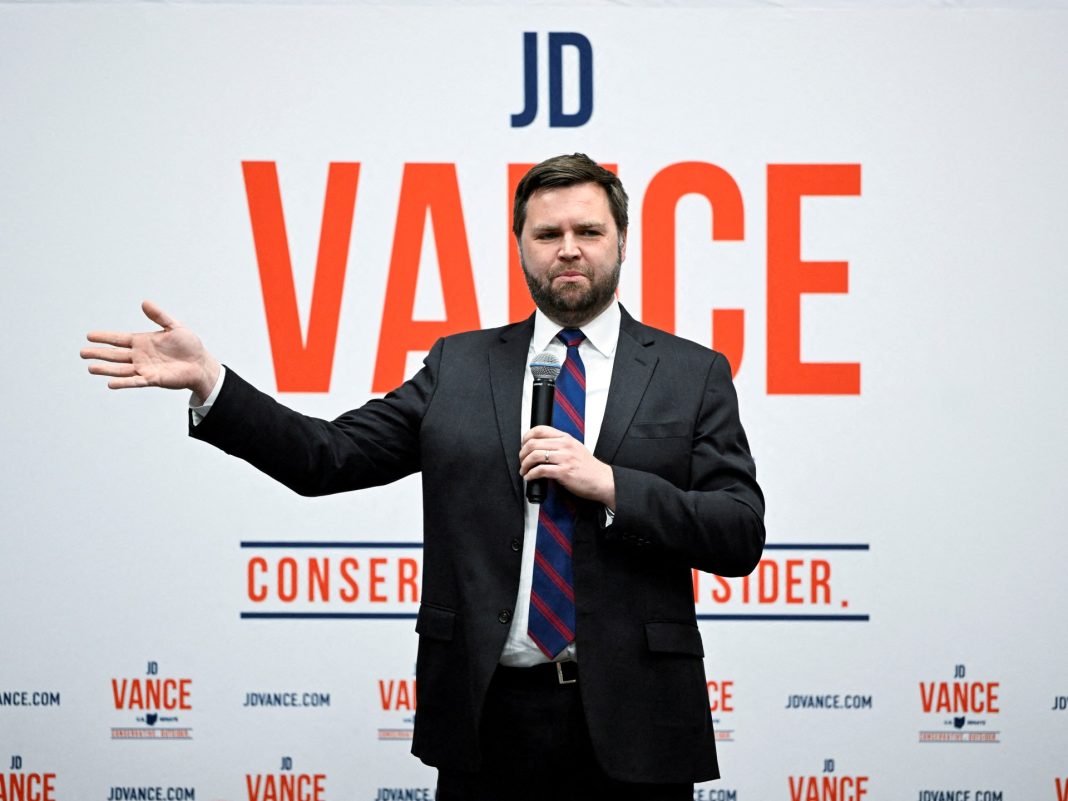Vice President Harris Faces Emotional Questions from Undocumented Immigrant’s Daughter at Town Hall
In a heartfelt moment during her first voter town hall as the Democratic nominee, Vice President Kamala Harris listened intently as Ivett Castillo shared her grief over her mother’s recent passing—an undocumented immigrant who never achieved legal status in the United States. The emotional exchange highlighted the struggles faced by many immigrants living in the shadows, prompting Castillo to ask, “What are your plans to support that subgroup of immigrants who have been here their whole lives?”
Harris, who has been under scrutiny for her immigration policies, responded with empathy, urging Castillo to “remember your mother as she lived.” However, her answer also reflected the administration’s focus on enforcement rather than comprehensive reform, a point that has been seized upon by former President Donald Trump, who paints Harris as ineffective on immigration issues.
During the town hall, held in Las Vegas and broadcast by Univision, Harris acknowledged the broken immigration system and reiterated that the Biden-Harris administration’s first proposed bill aimed to create a pathway to citizenship for many undocumented immigrants. Yet, she quickly pivoted to discuss border security, condemning Trump for obstructing efforts to enhance resources for border management. “Real leadership is about solving the problems on behalf of the people,” she asserted, emphasizing the importance of addressing the complexities of immigration.
The event, which catered to undecided Hispanic voters, was crucial for Harris as she seeks to bolster her support among this demographic. Polls indicate that her backing among Hispanic voters is lagging compared to President Biden’s performance in 2020. In Arizona, for instance, Harris is polling at 49% among Hispanic voters, while Trump trails closely at 41%. This is a stark contrast to the 60% support Biden received in the same state during the last election.
Throughout the town hall, Harris faced a range of poignant questions on healthcare and the economy, allowing her to showcase a more empathetic side than in her recent interviews. She touched on longstanding Democratic themes aimed at Latino voters, such as stimulating small businesses and creating more legal pathways for undocumented workers. However, she also took sharp jabs at Trump, labeling him a “sore loser” and criticizing his authoritarian tendencies, underscoring the stakes of the upcoming election.
“This is an extraordinary time,” Harris declared, her voice rising with passion. “This is not a debate about trickle-down economic theory. It’s literally about, Do we support a democracy and the Constitution of the United States?”
As the election approaches, Harris’s campaign is ramping up efforts to connect with Latino voters, particularly in battleground states like Nevada and Arizona, where Hispanic voters can significantly influence the outcome. Her campaign has invested heavily in outreach, including ads in both English and Spanish, and grassroots efforts to mobilize voters.
Despite these efforts, Harris faces challenges, particularly among Hispanic men, who have shown less enthusiasm for her candidacy. In response, her campaign launched “Hombres con Harris,” a series of events aimed at addressing issues pertinent to Hispanic men, such as healthcare and economic opportunities.
At the town hall, Harris also shared her personal story as the daughter of immigrants, hoping to resonate with the audience. She balanced her tough stance on immigration with promises to improve legal pathways for undocumented immigrants and Dreamers, those brought to the U.S. as children. However, she remained silent on her previous commitment to use presidential power to unilaterally grant citizenship to Dreamers, which has left some supporters wanting more clarity.
As the town hall concluded, Harris’s interactions with attendees, including Castillo, underscored the emotional weight of the immigration debate. The stakes are high, and as Representative Robert Garcia of California noted, “Latinos are going to have an outsized influence in this election.”
With Trump set to appear in his own Univision town hall soon, the race for the Hispanic vote is heating up, and both candidates are keenly aware that every interaction could sway undecided voters in this pivotal election.



